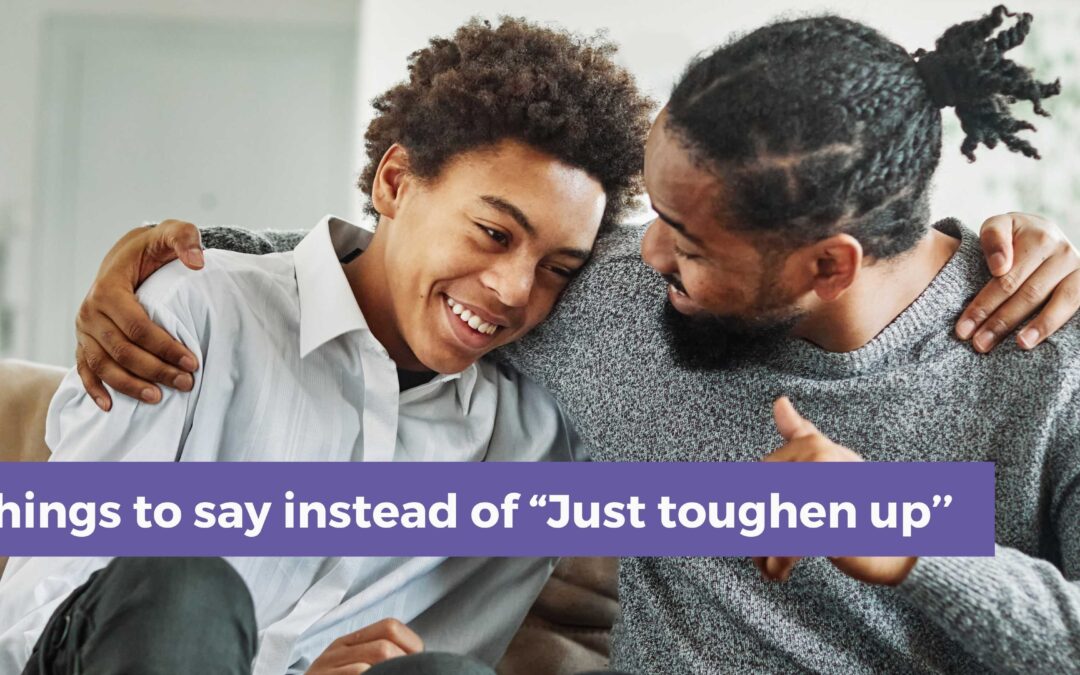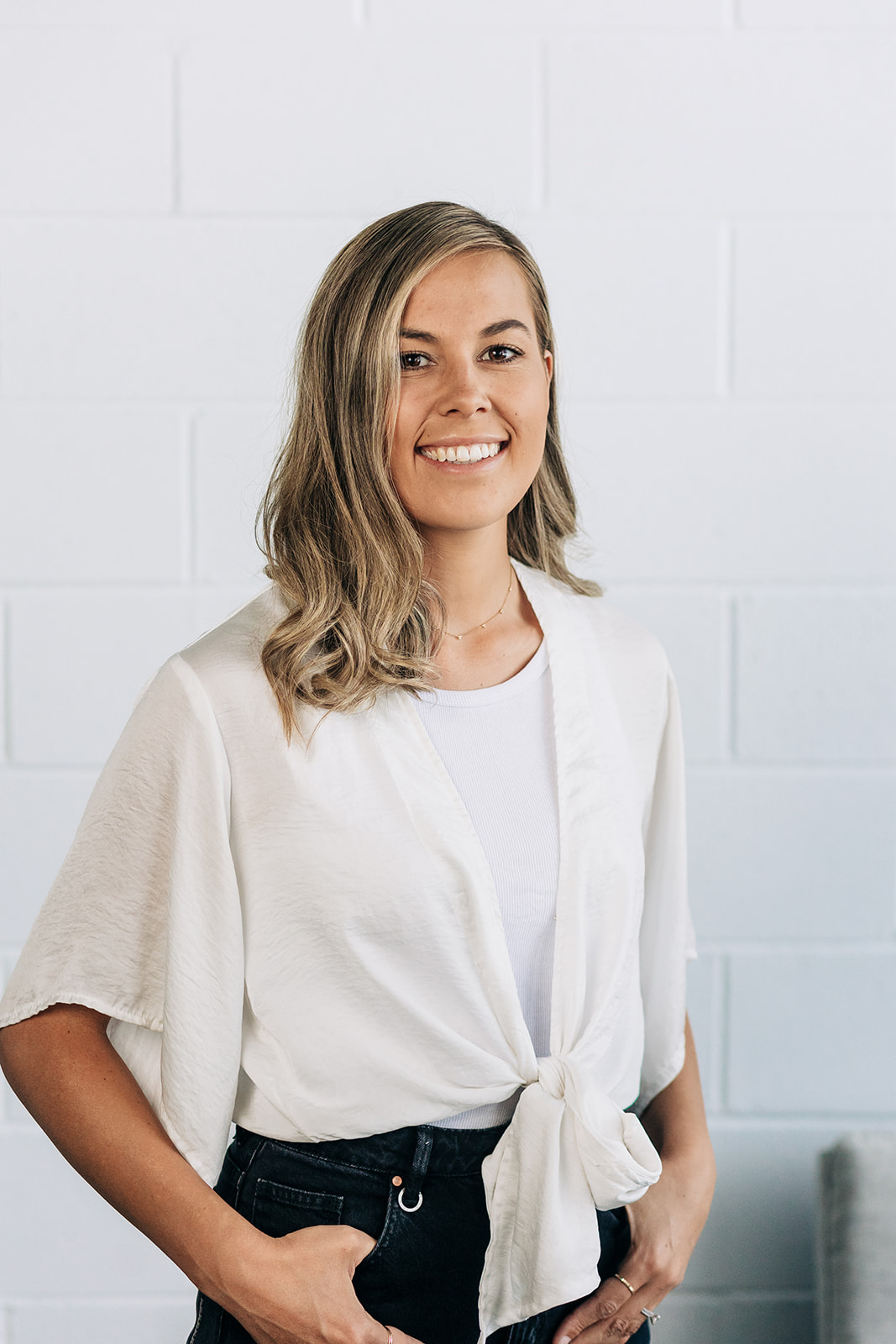While it can be uncomfortable to sit there while someone is expressing their negative feelings, simply sitting with someone and listening to their sadness, their fear, their frustration, or all their anger has the capacity to build a stronger bond between you.
It’s important to remember that we are all individuals and different situations require different responses. We all have different preferences and different things that make us feel heard, cared about, and loved.
Below are a few examples of replies that may help meet the needs of some people who are sharing their frustrations with you. Keep in mind you might need to adapt these depending on who you’re talking to.
- Oh wow, that sounds horrible
- I can see why you feel that way
- That sounds so frustrating/annoying/infuriating
- That would make me feel sad/hurt/frustrated too
- No wonder you’re upset
- Saying nothing, just sitting with them and allowing them to be
- Share your own reactions: I’m so sorry/I’m so angry/I feel so helpless. I wish there was something I could do/I don’t even know what to say, I’m just so glad you told me
Why this is important for kids and teens.
Whilst listening with empathy is a skill that’s beneficial in all interactions, not just those with children and adolescents, it’s especially important with them. Children and adolescents are still developing an understanding of what their emotions are and how to express them. They depend on parents and other adults in their life to assist them in regulating their emotions. As children develop, they observe through their interactions with adults what’s ok to talk about and what isn’t.
So when do I seek help?
If your child has challenges in multiple areas of their life such as school, hobbies, friendships and/or family relationships, or if you notice changes such as withdrawal, anxiousness, or sadness that last for a couple of weeks, it could be a sign that they need some additional support.
Trust your gut.
If something just doesn’t feel right, trust that instinct. You know your child best and it’s better to get something checked out if you’re not sure.
At The Therapy Hub, we work with adults, children, teens and parents to rebuild connection, strengthen relationships, and support emotional wellbeing.
Get in touch to find out more or to book a session with one of our therapists.









Recent Comments